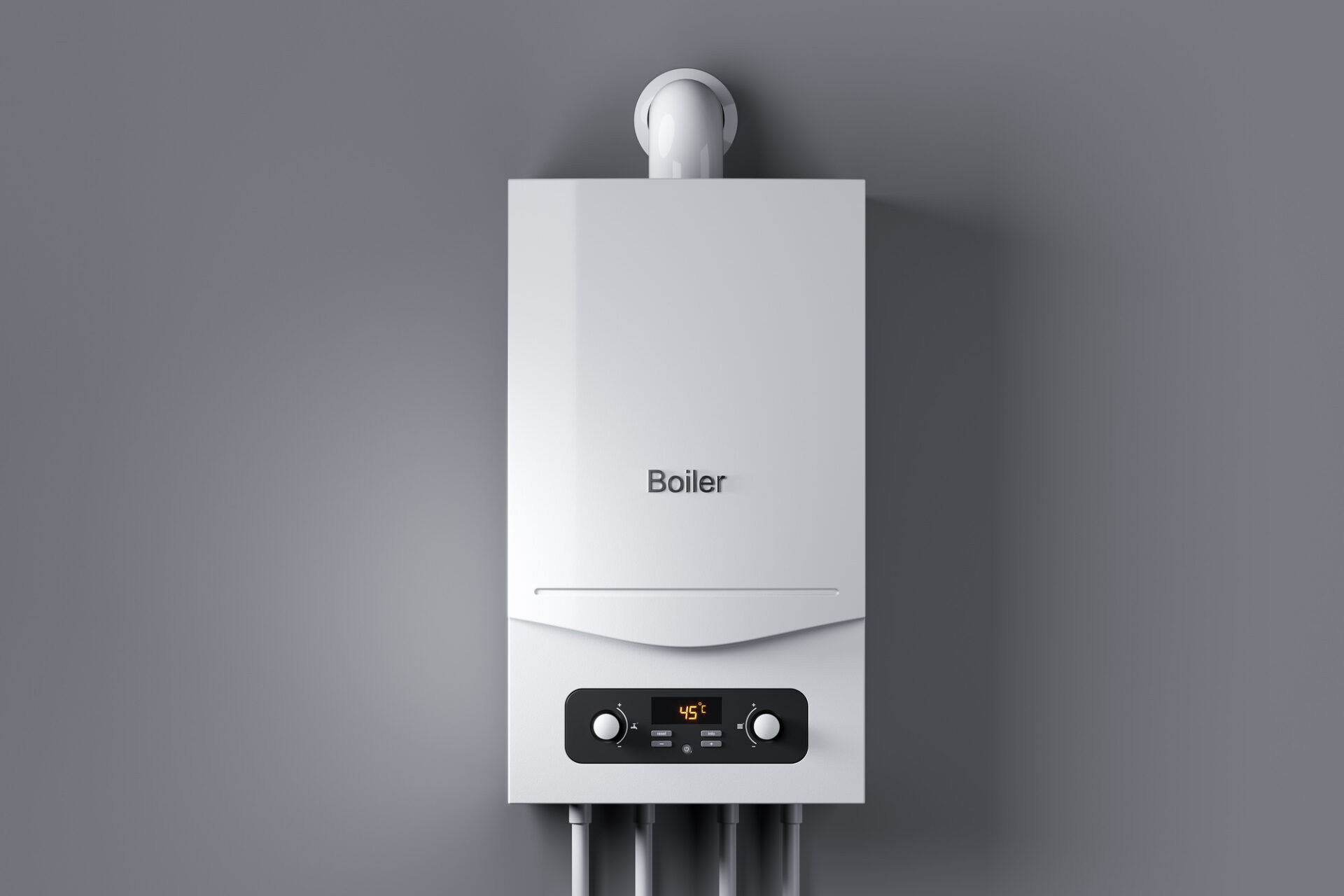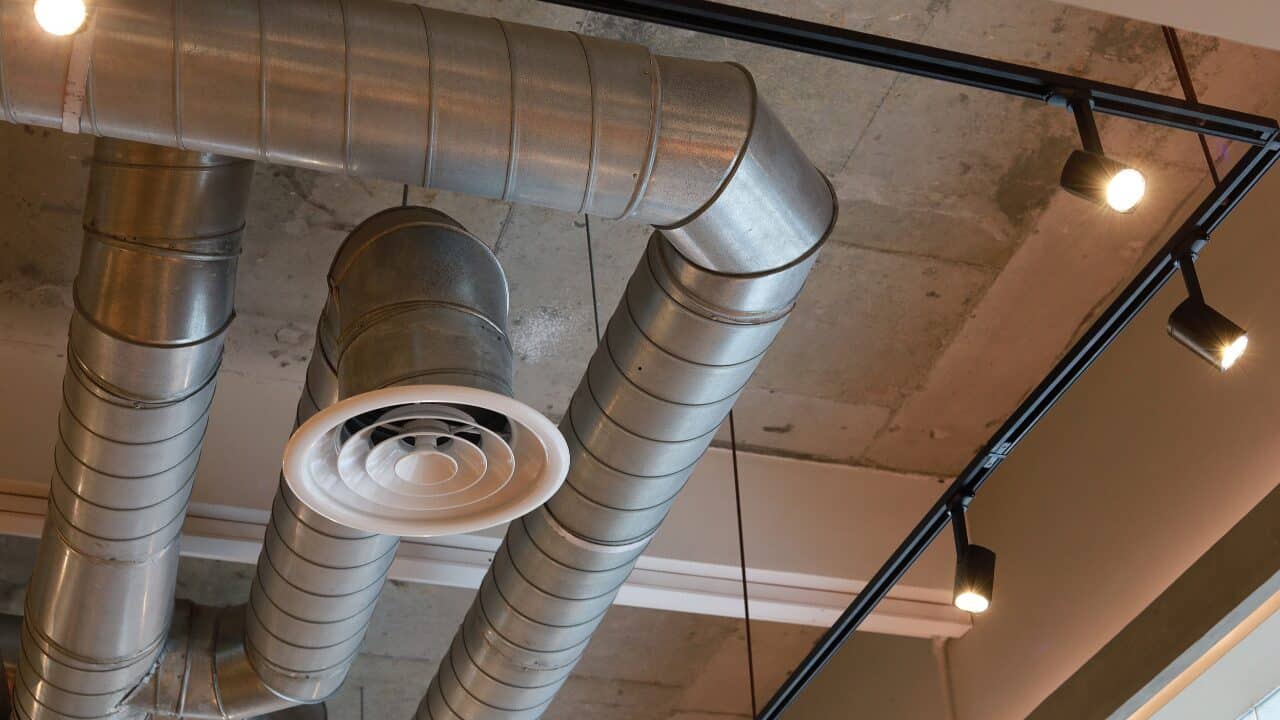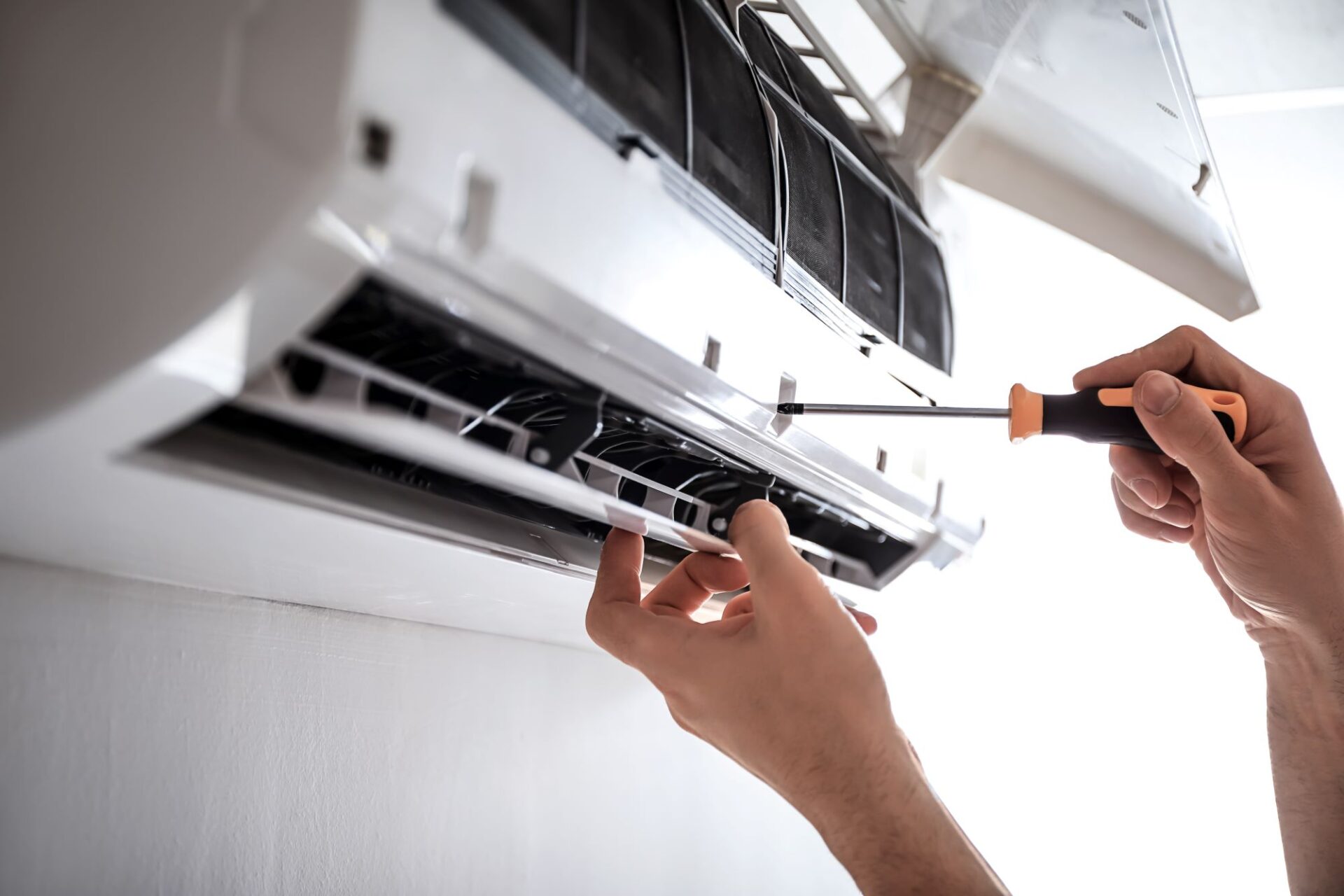Selecting the right boiler is crucial for your comfort and energy efficiency. Here are some factors to consider.
Table of Contents
How do I choose a boiler?
Type of boiler
Combi Boiler (Combination Boiler): These boilers provide both hot water for your taps and central heating from a single unit. These are space saving in times with small bathrooms and energy saving as well.
System boiler: These boilers contained a cylinder for storing and providing hot water. It is suitable for homes having more than three bathrooms, where demand of hit water is high.
Regular boiler (Conventional Boiler): Regular boiler suits the older homes where a heat or hot water system is already available. And have both cold and hot water tanks separately.
Fuel type
Natural gas: If you have access to a natural gas supply, it’s usually the most cost-effective and convenient option. It’s also cleaner and more energy-efficient than other fossil fuels.
LPG (Liquid Petroleum Gas): If you don’t have access to natural gas, LPG can be a suitable alternative.
Electric: Electric boilers are an option, especially for homes without gas connections, but they tend to be less energy-efficient and more expensive to run.
Boiler size (Output)
The size of your boiler should be matched to the heating and hot water demands of your home. An experienced heating engineer can perform a heat loss calculation to determine the right size for your home.
Energy efficiency (SEDBUK Rating)
Look for boilers with high SEDBUK (Seasonal Efficiency of Domestic Boilers in the UK) ratings. The higher SEDBUK rating, the boiler will be more energy saving and cost saving.
Brand and reliability
Choose a reputable boiler manufacturer known for reliability and good customer support. Some well-known brands include Worcester Bosch, Vaillant, Baxi, and Ideal.
Installation and maintenance
Ensure that you hire a qualified Gas Safe registered engineer to install and service your boiler regularly. Proper installation and maintenance are crucial for safety and efficiency.
Budget
Consider your budget for both the initial purchase and ongoing running costs. While higher-efficiency boilers may cost more upfront, they can save you money in the long run through lower energy bills.
Warranty
Check the warranty offered by the manufacturer. Longer warranties can provide peace of mind and may indicate the manufacturer’s confidence in their product.
Environmental impact
If environmental concerns are important to you, consider a condensing boiler, which is more energy-efficient and has lower carbon emissions.
Local regulations
Ensure that your chosen boiler complies with local building and safety regulations.
How to size a boiler for my house?
Gather information
House Dimensions: Measure the square footage of your house, including all heated living spaces.
Insulation: Assess the insulation levels in your home, including walls, roof, and floors. Note the type and thickness of insulation in each area.
Windows and Doors: Count the number, size, and type of windows and doors in your home. Also, the insulation used should be of quality materials.
Climate: Check out the average temperature in the coldest months.
Calculate the heat load
To determine the heat requirement and heat load of your home. Use the below simple formulate:
Load of heat= inspiration factor x house size in square foot x temperature difference
House square foot: Total home square foot should be multiplied with inspiration factor.
Temperature difference (ΔT): The temperature difference between indoor and outdoor shower temperature is determined.
Insulation factor: Assign insulation factors based on the quality and thickness of insulation in your home’s walls, roof, and floors. For example, well-insulated walls may have an insulation factor of 0.04.
Account for hot water needs
Calculate the required hot water flow rate (measured in gallons per minute or liters per minute) and the temperature rise needed to meet your hot water needs simultaneously.
Boiler efficiency
Choose a high-efficiency condensing boiler. Note that the efficiency rating should be specified as a percentage, typically above 90%.
Compare boiler options
Once you have an estimate of the heat load, compare it with the output ratings of different boiler models. Only select the boiler according to your home heat requirement. In addition, consider the factors like brand reputation, efficiency, warranty, and quality.
Recommendation
Having a medium
Having a home with two bathrooms with the facility of regular boiler facilitated with cold and hot water tanks. And interested in making your boiler energy efficient below are some reasonable choices:
Boiler Type: Consider a boiler system with a hot water tank.
System Boiler: When you have two bathrooms and need hot water for these two bathrooms. A system boiler is suitable for two bathrooms having a hot water tank. It proved to be energy saving and give consistent water supply.
Natural Gas: If you have natural gas available. Using this will be money saving as well as an environmentally friendly option.
Energy Efficiency: Consider an efficient condensing system boiler with high ratings. This type of boiler will help your save money and energy as well.
Brand: Select a brand with a reputation such as Baxi, Vaillant, and Worcester Bosch, Vaillant, or Baxi. These brands have a reputation for producing reliable boilers.
Finaly, When you choose a combi boiler, this will help you enjoy energy efficiency, low impact on the environment. And they are more convenient, and will provide hot water when required easily. It suits the two bedroom home with three bathrooms.
Conclusion
For the final decision, you should consult a reliable boiler supplier or engineer. They can inspect your home and give an idea for selecting a suitable boiler based on the pattern and size of your home. Moreover, they will give the estimates of costs required for installing and energy saving purposes.





